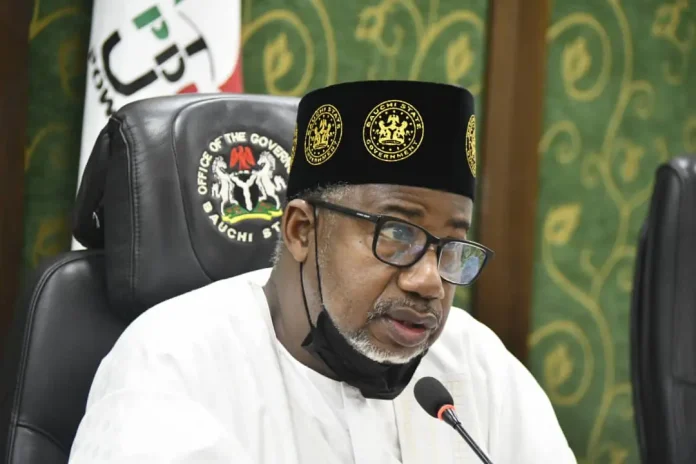Bauchi State government has announced a N200 million investment through the State Environmental Protection Agency, BASEPA, to construct at least 35 climate-resilient, user-friendly toilets across the state.
This initiative aims to support the declaration of some local government areas as Open Defecation-Free, ODF, and ensure that other councils attain this status in the near future, promoting healthier living conditions for all.
Director General of BASEPA, Dr Mahmud Bose, disclosed this yesterday while speaking with a team of journalists supported by the UNICEF Bauchi Field Office. The journalists were in his office to assess the impact of the ODF status in the LGAs.
“There are many offices that do not have toilets, thereby making issues of convenience difficult for the staff, particularly women. This is a very serious issue that we take, you know, very seriously in the agency. In fact, as part of our margin for 2025, we have a provision of about N200 million, which is budgeted for this issue of public toilet construction,” Dr Bose said.
He further emphasised that these toilets would not be ordinary but well-equipped with sanitary facilities and water supply, particularly to ease the experience for women during their menstrual periods. “And not ordinary toilets; they will be well equipped with sanitary and water supply for our women in order to make it easy for them, particularly during their menstrual period. They are going to be user-friendly and accommodating public challenges, for which we have a model in the state,” he added.
Dr. Bose also stressed the importance of menstrual hygiene, the dignity and safety of women and children, and inclusivity for people with disabilities, remarking, “The issue of menstrual hygiene, you know, the dignity and safety of a woman, you know, our children. So is a befitting model that is going to make it all-encompassing, including people with disabilities.”
Regarding the success of Bauchi’s journey towards becoming ODF, he noted that BASEPA has been a key stakeholder in this process. “So it’s a successful journey, of which BASEPA is part. We have some of our staff who are currently working with the stakeholders in terms of mobilisation, in terms of community sanitation. And so many issues in regards to attaining the ODF of the local government area. So BASEPA has been a key stakeholder in the journey, and also, as part of the effort of the agency, you know, we have been working on this management of the development,” he said.
Dr. Bose also highlighted BASEPA’s regulatory role in faecal sludge management. “We have identified both manual and mechanised operations in faecal sludge management and formed a union for operators. They are now registered with the agency and have undergone capacity-building sessions with RUWASA and other partners to improve their management practices,” he explained.
Further, he discussed efforts to establish faecal sludge management outlets, disclosing, “We also tried to come up with faecal sludge large management outlets, which is the first of its kind in the whole country. But they came up with the guideline, which was part of UNICEF support. After having the guidelines, UNICEF, through the Bill and Melinda Gates Foundation, employs international consultants so that at least we can think of how to implement the document.”





